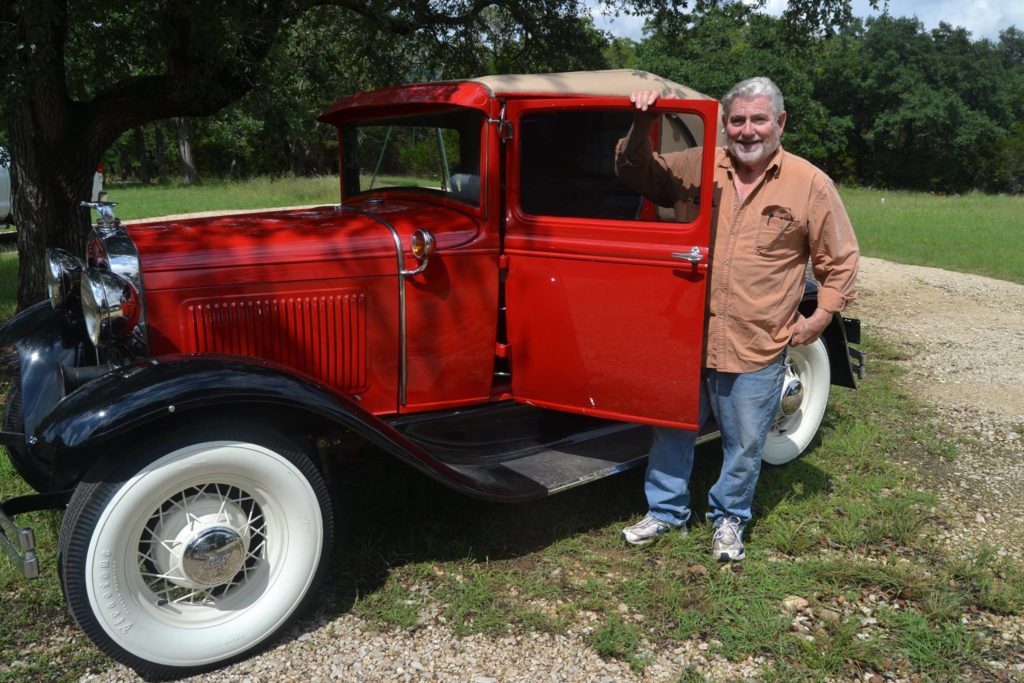My wife and I are fond of British entertainment. One of the older shows we used to watch is called Keeping Up Appearances. The main character is Hyacinth Bucket. Now, to you her surname may appear to be properly pronounced like a pail in which you carry water. Oh no…. Her name, she insists, is pronounced Bouquet, as in an arrangement of flowers. You see, a bouquet is much more elegant than a bucket. Hyacinth tries really hard to distance herself from her low-class family and to convince the upper crust of society that she is one of them. She wants to belong.
The comedic angle is that she is not, in fact, one of them. There is great fun in watching her try to keep up the appearance that she is something that she is not.
On December 1 of each year I begin the process of revising my Forward Story. As I argue in my book, my vision for the future changes with the years and with my own ambitions and values. It would be ineffective to stick with a Forward Story from a decade ago. I need a new, fresh, and relevant story for what comes next. With this annual ritual, I always look back at where I have been and wonder how things might have been different. I try not to wallow in regret. The past is gone, and there is nothing to be done with it other than learn from it.
In retrospect I can see that in some ways I fell prey to the modern Western myth that materialism brings happiness. There have been cars, lots of cars – mostly new and financed. There has been a lot of skiing, tennis, and general fun. Nothing wrong with that, but the idea that it is my right and that somehow I am owed these things regardless of my budget causes problems. There have been homes bought and then left behind for something bigger and better, with a much larger mortgage. Some of what drove that was a desire to keep up with (or exceed?) those people I knew and spent time with. There was some sort of personal dignity issue tied to our stuff. We were in some ways keeping up an appearance. What no one could see was all of the debt behind the scenes propping up the appearance.
We finally came to our senses around 10 years ago and got out of the appearances game. As a result we have a lot fewer of the trappings of success and a lot more actual substance. I give a lot of credit to Dave Ramsey for giving us the kick in the backside that we needed to realize where all that keeping up of appearances had gotten us.
As I was listening recently to a young couple on the Dave Ramsey show explaining how they got completely out of debt, one of them said she had learned how to be content. I think that is also a big key for us. It is a challenge to be content when you live in a materialistic society where some of the smartest and best educated people in that society get paid a lot of money to make you want the products they are selling. That old car just doesn’t look as good as that brand new luxury car on TV with the big red bow on top.
As we finish off another year and get ready for a new one, ask yourself if you are keeping up any appearances. I have found that it is expensive and burdensome. There is a lot of peace in setting all that aside in favor of contentment.
Let me know if you would like any help in getting started with your own personal Forward Story. I would love to hear from you.






